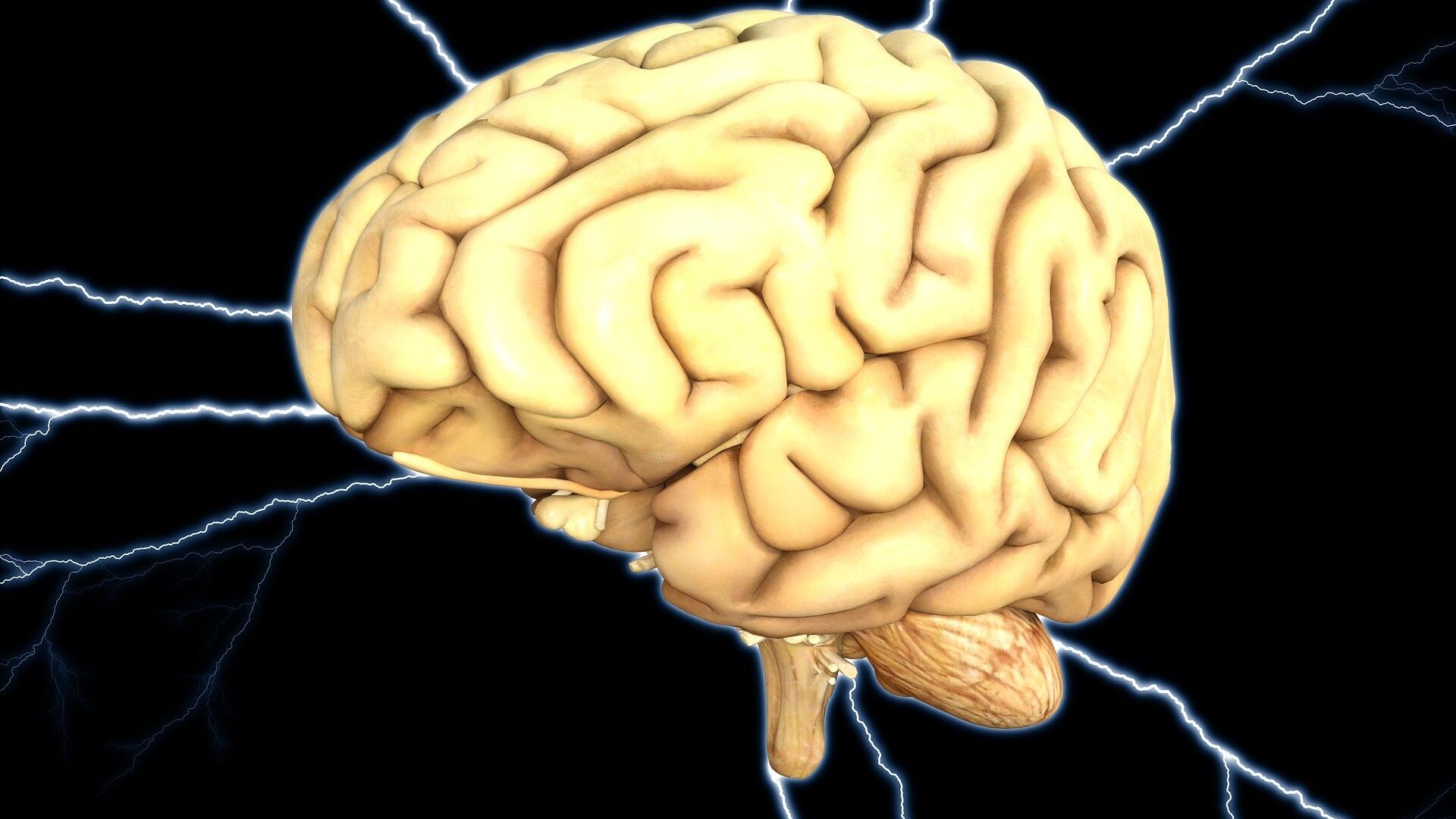The technology that may allow human to merge with computer via a brain chip implantation could give rise to a whole new host of problems, some of them privacy-related, according to the Daily Mail.
As the newspaper notes, while such advances might eventually help endow a person with "super-human intelligence" or "help people suffering with mobility issues regain control of their lives", there would also be "great responsibilities" that the developers of this tech, like Elon Musk with his Neuralink project, should address.
"If the widespread use becomes hooking us to the cloud, not as therapy, and merging humans with AI, the economic model will be to sell our data," said Dr. Susan Schneider, founding director of the new Center for the Future Mind. "Our inner most thoughts would be sold to the highest bidder. Also, do we need a subscription that we pay for? What if foreign powers get ahold of our thoughts?"
She wondered aloud what might happen if a person were to upload their memories to the cloud and then find themselves unable to pay the maintenance fees.
Dr. Schneider also pointed at the plans unveiled by Facebook CEO Mark Zuckerberg in 2019 when he talked about a wearable device capable of reading people’s thought and translating brain signals for machines, saying that “the goal is to eventually make it so that you can think something and control something in virtual or augmented reality”.
"I can image Facebook harvesting our inner most thoughts to get people addicted to their platform," Schneider warned. "It is all about what is about going on in the head and marketing what is going on in the head."


